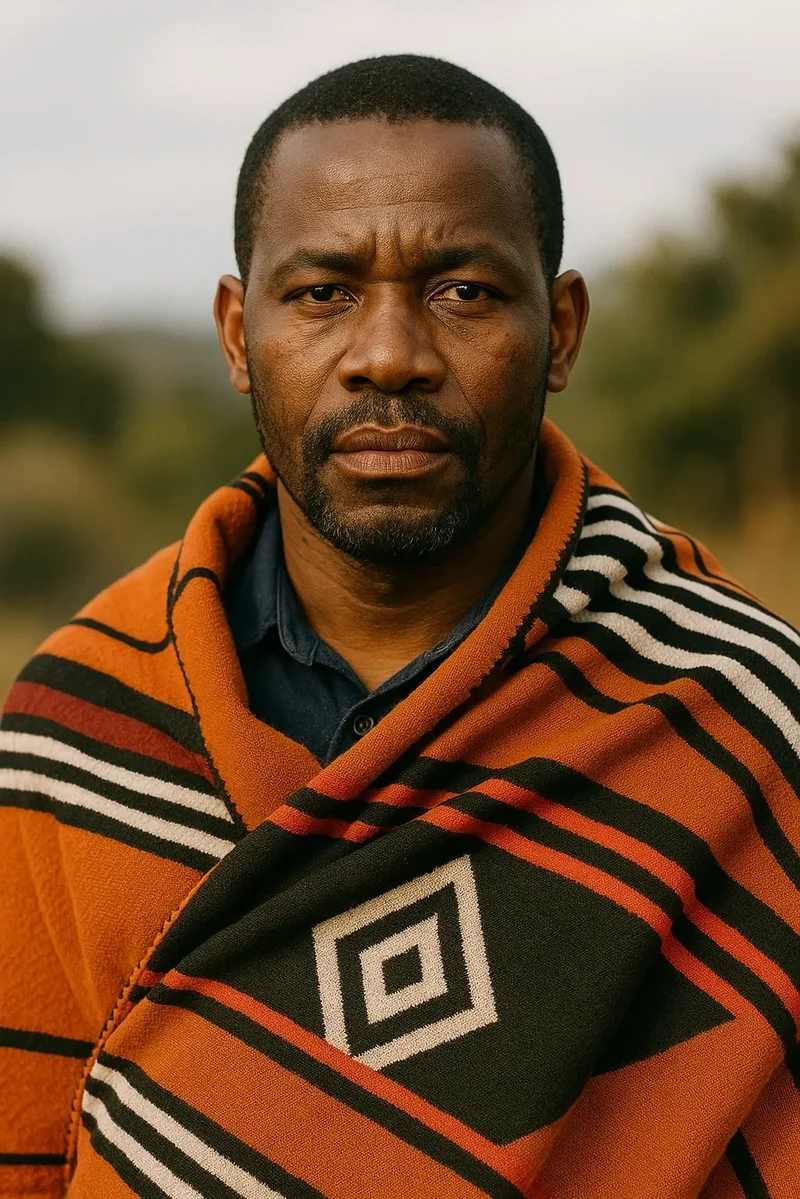Yissakhar
Yissakhar – 𐤉𐤔𐤊𐤇𐤓
Meaning in Paleo: “He brings a reward” or “There is recompense.” Leah named him saying, “YaHU’aH has given me my hire,” revealing her gratitude for divine reward and the recognition that YaHU’aH repays faithfulness.
Ya’aqob’s Prophetic Word (Barashiyth):
Yissakhar is a strong donkey lying down between two burdens; and he saw that rest was good, and the land that it was pleasant; and bowed his shoulder to bear, and became a servant unto tribute. This shows humility, hard work, and peaceful strength in service.
Moshah’s Barakah (Dabarim):
Rejoice, Yissakhar, in your tents; and rejoice, Zebulun, in your going out. They shall call the people to the mountain; there they shall offer sacrifices of righteousness, for they shall draw out the abundance of the seas, and treasures hid in the sand. Yissakhar is blessed through covenant cooperation and fruitful labor.

Strength and Understanding: Xhosa / Tswana (South Africa, Botswana)
Tribe of Asher
Associated with the Xhosa people of South Africa, the tribe of Yissakhar (Issachar) reflects the prophecy of strength, service, and discernment:
“Yissakhar is a strong ass couching down between two burdens: And he saw that rest was good, and the land that it was pleasant; and bowed his shoulder to bear, and became a servant unto tribute.”
— Barashith (Genesis) 49:14–15
The imagery of a “strong ass” symbolizes endurance and strength, echoing the historical resilience of the Xhosa who resisted colonization, endured apartheid, and persevered through forced labor and discrimination — truly “bowing the shoulder to bear.”
The phrase “couching down between two burdens” has long been interpreted as indicating strategic discernment — a trait embodied by the Xhosa through their deep oral traditions, political foresight, and leaders like Nelson Mandela, who exemplified righteous resistance, vision, and justice.
Yissakhar’s prophecy continues: “he saw that rest was good…” — hinting at a love for peace and covenantal rest, something the Xhosa embraced in their communal identity, spiritual discipline, and post-colonial reconciliation efforts.
Of special note are their male initiation rites, including circumcision, which aligns directly with the Torah command in Wayyiqra (Leviticus) 12:3. Despite cultural shifts and Western influence, the Xhosa retained this covenant-based practice, a rare continuation among Southern African peoples. The Tswana people, closely related, also uphold similar tribal values and structure.
The endurance, intellectual depth, and covenantal legacy of the Xhosa and Tswana reveal the prophetic essence of Yissakhar — a tribe both wise and willing to labor for the restoration of Yashar’al.
Yissakhar (Xhosa / Tswana)
• Historical Context: Survived colonial conquest and apartheid; honored justice and truth through leadership.
• Cultural Practices: Male circumcision, wisdom-based governance, tribal unity — “strong ass between burdens.”
Tribal Identity: Yissakhar (Issachar)
African Link: Xhosa and Tswana Peoples (South Africa & Botswana)
Sources:

